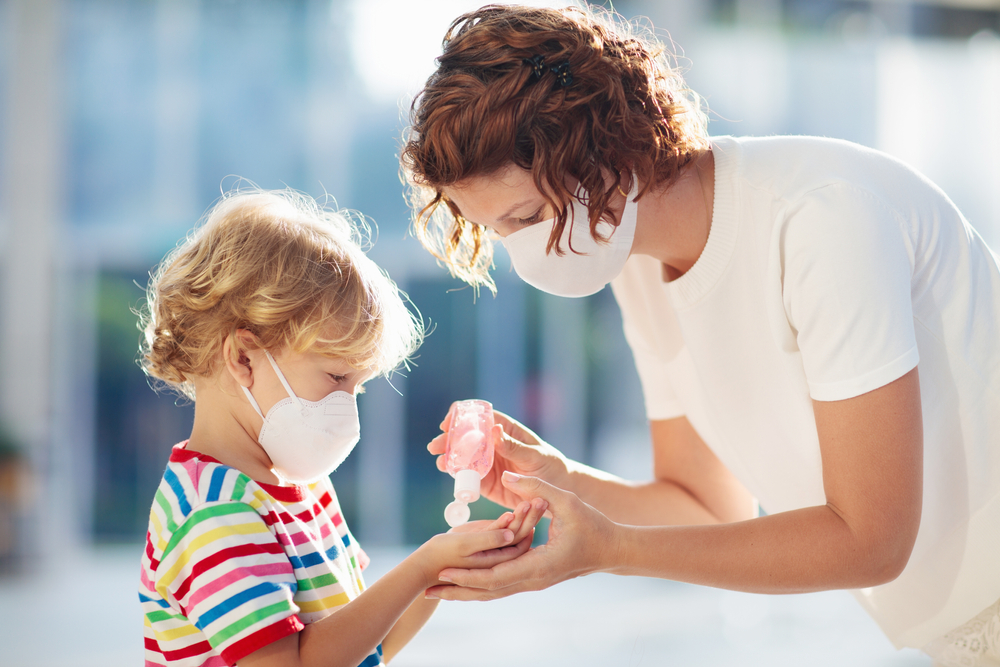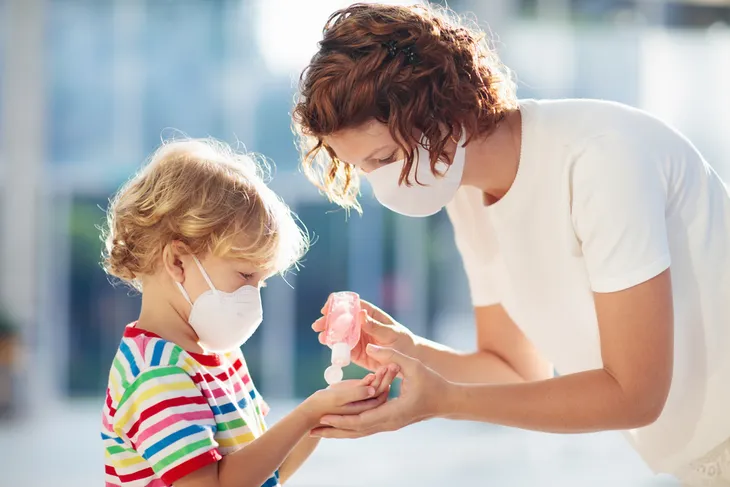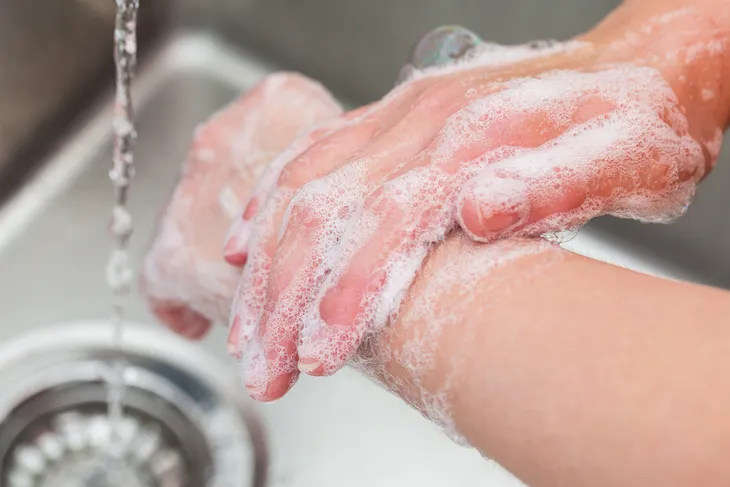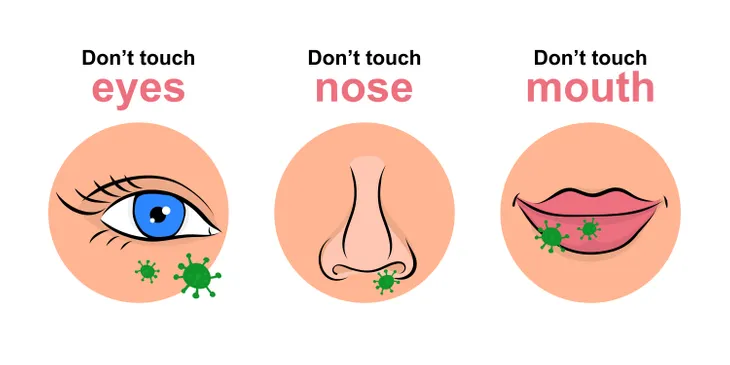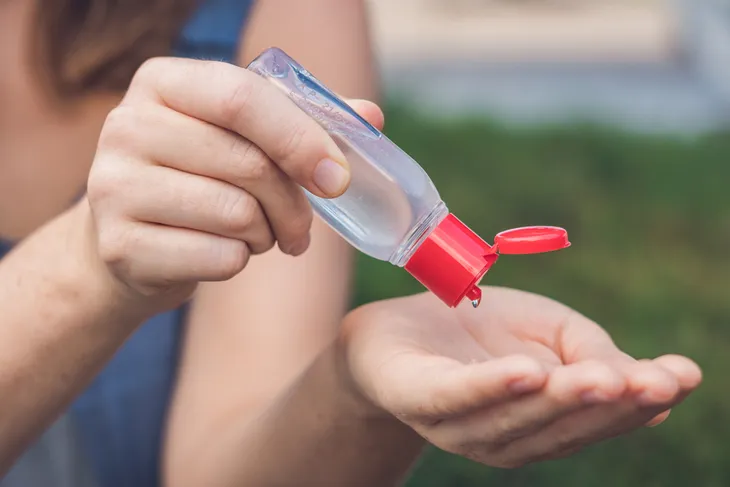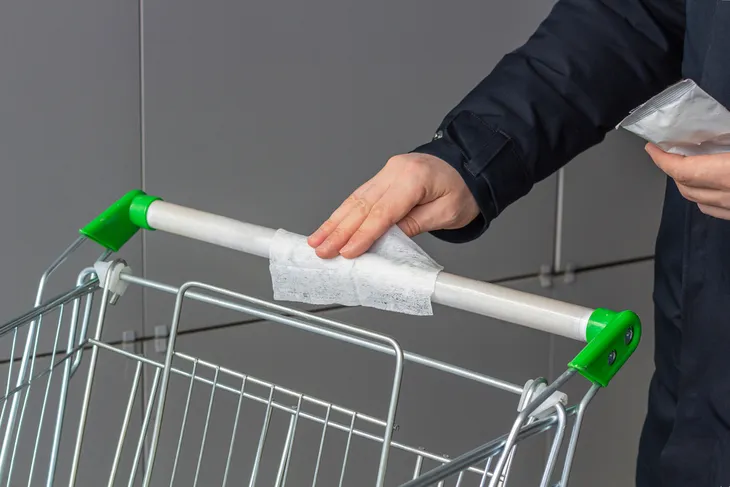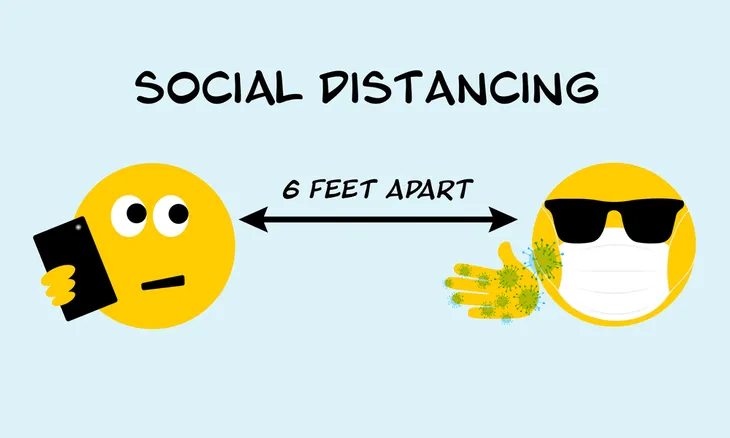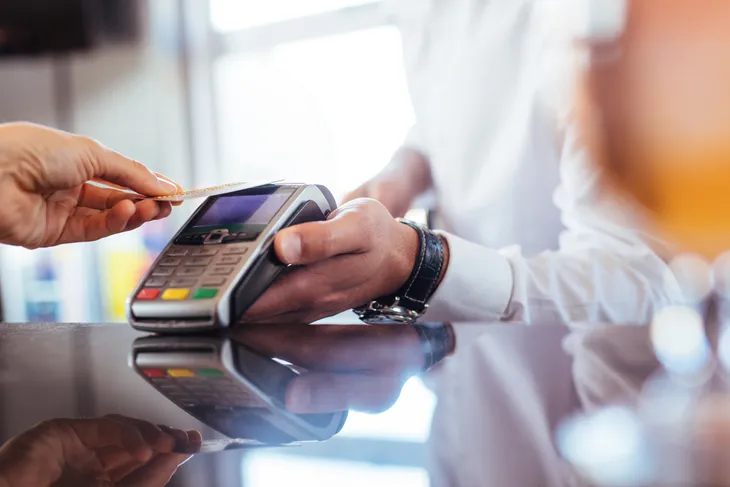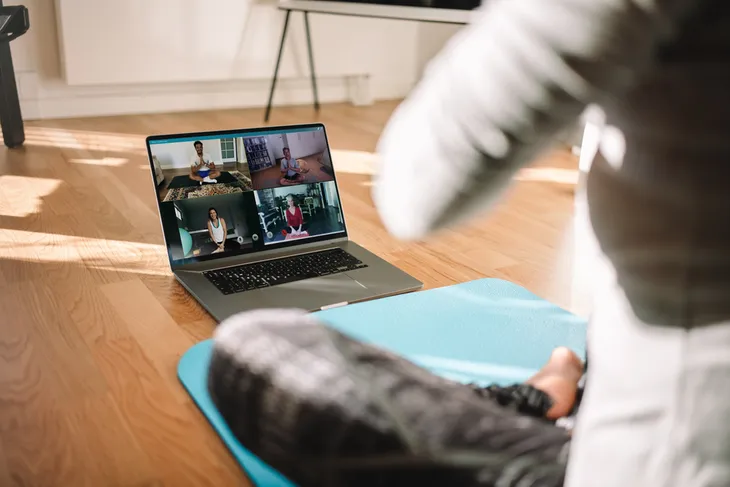While it’s still unclear when the economy may reopen, it’s still a good idea to start preparing for when that day may come and what it might look like. There’s no doubt, things will be different.
The top priority when it comes to reopening the economy is people’s health and safety. There will likely be a lot of strict measures in place, but it’s also up to people to make their own healthy choices. Here are some ways to stay safe when the time comes…
Avoid Large Gatherings
When this health crisis began, the first thing that was knixed was large gatherings. When the economy does open again, it will likely take place very slowly, over a long period of time. Events that draw large gatherings people, such as concerts, sports events, etc., will be one of the last things to return.
Even without these events taking place, people should avoid large gatherings of their own, such as parties, family gatherings, and weddings.
Wear a Mask
The Centers for Disease Control and Prevention (CDC) suggests everyone wear a face covering when they go out in public. Their guideline for these coverings are that it should fit snugly to the face, be secured with ties or ear loops, include multiple layers of fabric, allow for breathing, and be able to be laundered or machine dried without damage.
These rules will likely still be in place even when the economy reopens. Workers and consumers should both wear masks and try to maintain distance when possible to slow the spread of the virus and to keep people who don’t know they have it from spreading it to others.
Wash Hands Regularly
You’ve likely been hearing this all day every day for the past few months and guess what?! This is likely going to be the new reality! While it has always been a priority to maintain personal hygiene and regularly wash your hands, it’s now become mandatory.
The best defense against spreading or contracting germs is by washing your hands. When the economy reopens there will likely be more stringent public-hygiene measures in place, particularly in public places. You’ll want to wash your hands before and after leaving the house, after visiting a public space, and interacting with another person.
Avoid Touching Your Face
One of the most common ways germs are contracted is when someone touches a contaminated surface, and then goes on to touch their face (i.e., nose, eyes, or mouth). This rule is even more important if you haven’t had the opportunity to wash or disinfect your hands.
While this is a rule that is already in place, it will likely be enforced more stringently in schools, workplaces, and community spaces for the foreseeable future. All it takes is for one or two people to become contaminated, spread the virus, and cause a whole new outbreak in the community.
Carry Hand Sanitizer
Washing your hands with warm soapy water for a minimum of 20-seconds is the best way to get rid of any potential germs or bacteria, but the next best thing is hand sanitizer. Make sure the sanitizer you’re using has at least 60-percent alcohol, otherwise it’s likely not doing much.
You should have this product on hand wherever you go, this means keeping it in your purse, car, or even in your pocket. Make sure it’s readily available at all times.
Use Disinfectant Wipes
Another “tool” in the fight against this virus will be using disinfectant wipes whenever needed. This will likely be another staple that people will have in their car, purses, desk, etc. When heading into a grocery store or retail shop, you’ll want to wipe down the handles on your grocery cart.
Most stores will likely adopt strict cleaning regiments, but just in case, you want to put your safety first and in that case, it’s best to not rely on others to do it for you.
Stay Six Feet Apart
Until there is a vaccine in place, widespread disease tracing, and treatment, physical distancing will likely still be enforced even after the economy reopens. This will help limit the spread of the virus.
Businesses have already begun limiting the number of people allowed in their stores, installed barriers like plexiglass, and provided guidelines of where to walk in order to avoid close contact with others.
People who are more vulnerable to the virus should probably still limit their contact with others until a vaccine exists and we can ensure their safety.
Avoid Cash
Most businesses have already stopped accepting cash, but even when the economy reopens, it’s best to continue avoiding it. Cash is one of the dirtiest things we handle on a daily basis and it passes through millions of hands over its lifetime!
To avoid contracting or spreading any germs, limit the use of cash and stick to electronic payments when possible. An even better option is to use “tap” when possible so that you only have to touch your card.
Limit Unnecessary Outings
Again, this is something that most of us are already doing but it’s likely going to continue even after the economy reopens. Until there is a vaccine or treatment available, you don’t want to do any unnecessary shopping. This will limit the risk associated with contracting any virus, as well as the potential for you to spread it to others.
You should continue doing online fitness classes, shop online when possible, order curbside pick up for groceries, and opt for outdoor activities over indoor gatherings when possible.
